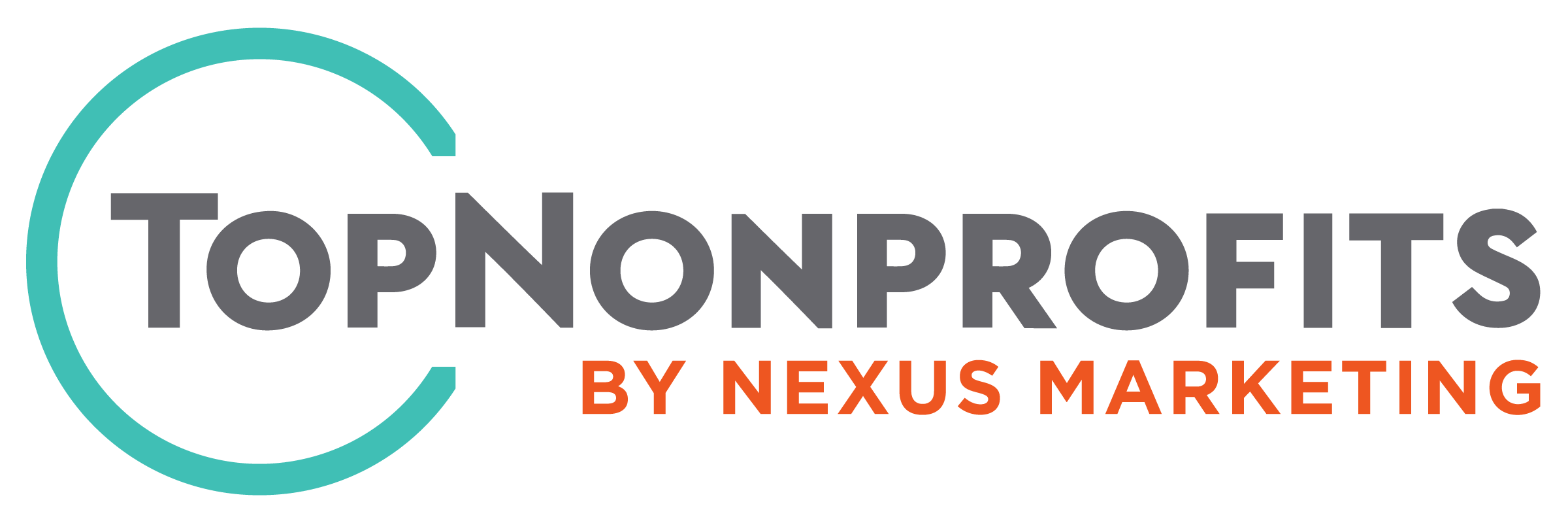You know who they are. Nonprofits with a handful of staff. Those with budgets in the thousands, not bajillions. Local, community organizations. You might even be a part of one. As co-founder of a local nonprofit chamber orchestra myself, I know I am.
These are the nonprofits that vivify our communities and keep our world turning.
Running a nonprofit of any size is challenging. For smaller organizations, developing a strategic plan, managing the day-to-day, and doing it all by the books can feel like a David versus Goliath situation.
Today, I want to focus on the last point, namely compliance in your fundraising and development initiatives. Not surprisingly, there are rules that every nonprofit must follow before they start soliciting. Unfortunately, with limited resources and a need to “get it done,” many organizations push compliance to the side, inviting regulatory issues and even limiting growth opportunities.
However, compliance doesn’t have to be scary or unapproachable. I’ll address two of the questions you might have already had while reading this. First, “Why is compliance important?” and then, “What can we do about it?”
Fundraising, aka charitable solicitation, compliance is the regulation of a nonprofit’s solicitation activity. About 45 states have laws in place to protect their residents from improper, unregistered, and downright illegal fundraising activity. Nonprofits that ask for contributions, grants, and other support in a given state should plan to comply with its requirements. Typically, this takes the form of filing annual registration materials with the attorney general or other charity office. It follows, then, that nonprofits soliciting in more than one state must comply with a number of disparate and at times complex requirements.
If the fact that “compliance is the law” doesn’t persuade you enough, compliance is important for several other reasons:
- It improves the overall transparency in the sector. Intelligent donors can and do research charities before they give. Registration and compliance facilitate that process. In state databases, donors can search for your organization, learn about your financial health, leadership, and fundraising activities, and make informed giving decisions.
- Part of your board’s fiduciary responsibility is to run a compliant, ethical organization. No doubt, your nonprofit is committed to doing amazing work in your community. At the same time, compliance with various state, federal, and other requirements demonstrates an internal commitment to building programs that last, and doing so fully within the public’s eye.
- Compliance can mean growth! Yes, what may seem like an administrative drain actually can result in increased trust with and funding from the public. Organizations that apply for grant funding, seek corporate partnerships, and solicit online are generally met with the need to be properly registered (again, this is the primary, though not the only, component of being “compliant”). Organizations that have met state requirements can in turn leverage those opportunities and really scale development efforts.
This leads me to the second question, which is what can we do about it? We get this question a lot from organizations of all sizes. However, the approach is fairly similar, no matter who you are.
First, review your current program and fundraising activities. What sort of footprint do you leave? Are you engaging with donors and grantmakers locally, or do those activities carry you across state lines?
Take a look at your website. Do you have a “Donate Now” button? Be aware that fundraising online may trigger requirements in states outside your own, and sometimes nationwide.
Once you’ve taken stock, develop a plan to get registered where you need to be, and discuss how your solicitation activities will be limited to where you’re registered, exempt, or otherwise not required to file.
This can mean having some tough strategic conversations with your board. In general, your organization will have to weigh the cost of registration against the present and future opportunities that can arise in a given state. It’s important, too, to make charitable solicitation compliance part of your organization’s annual budget, whether you’re required to file in a handful of states, or in every state.
Then, take action! Registration can take place anytime, and states encourage proactive filing. In other words, groups rarely face penalties for registering in good faith. Keep in mind that registration in some states can take weeks or even months, so plan ahead of any events or major development campaigns.
On an annual basis, your organization will have to renew its registrations (and exemptions, in some cases). Be prepared to track due dates closely, or recruit a company that provides services and software to support you on your compliance journey. You’ll also need to remember to review the previous steps periodically to prepare for any other opportunities that may arise in connection with your fundraising activities.
Ultimately, you don’t have to encounter any potholes along the way to compliance. In fact, if framed properly, compliance can be a fundamental, proactive part of your organization’s development strategy. Regardless of who you are, where you’re located, or the resources available to you, remember one thing: you can do this!
Harbor Compliance is not an accounting or law firm and does not provide tax, financial, or legal advice.
About Harbor Compliance:
Founded by a team of government licensing specialists and technology trailblazers, Harbor Compliance is a leading provider of compliance solutions for companies of all types and sizes. Since 2012, we have helped more than 10,000 organizations apply for, secure, and maintain licensing across all industries.
